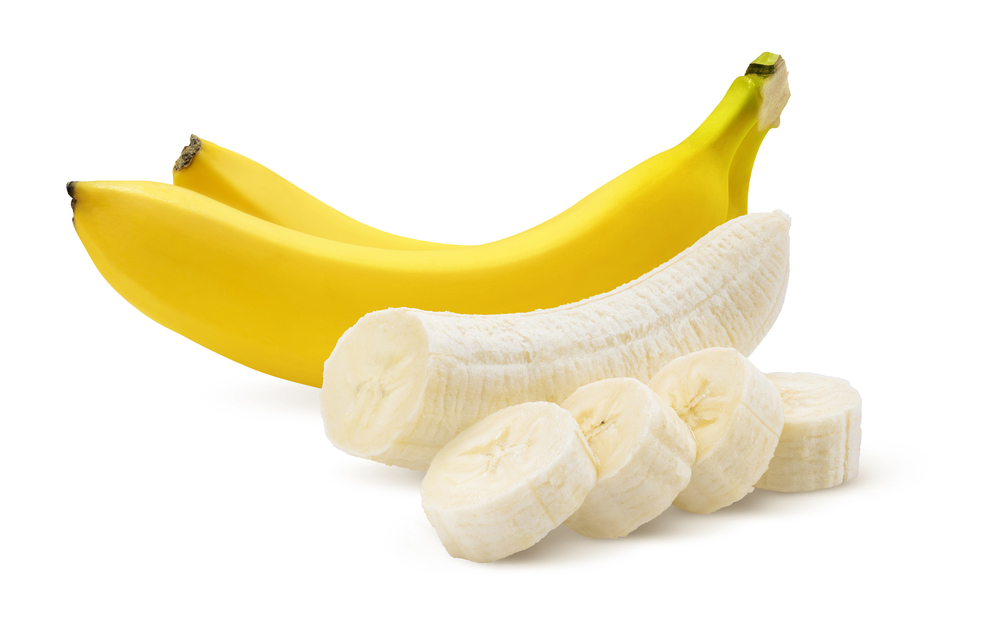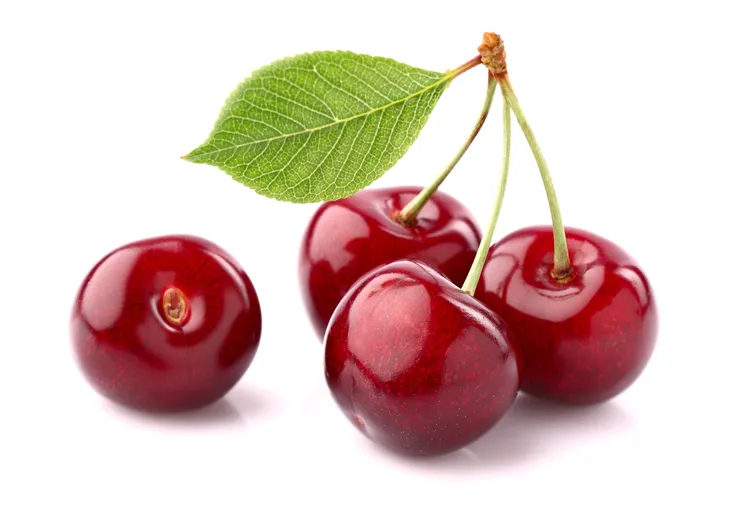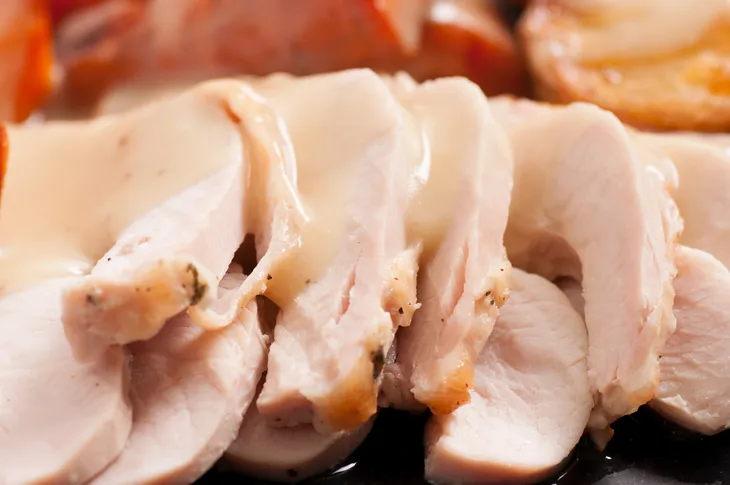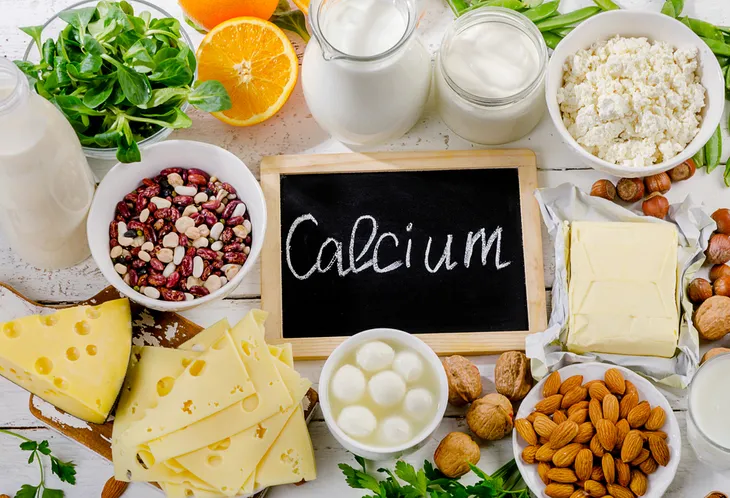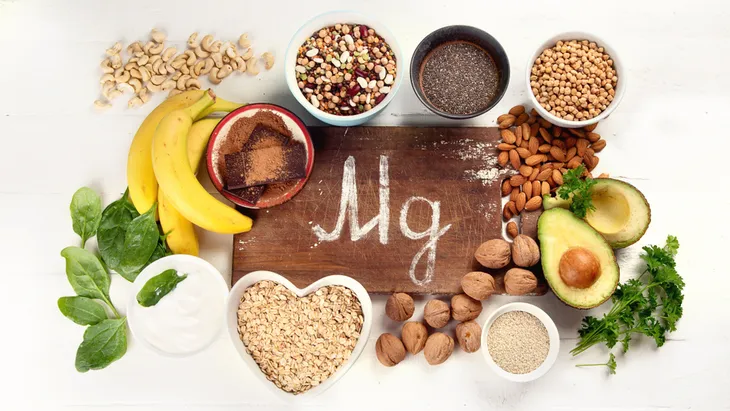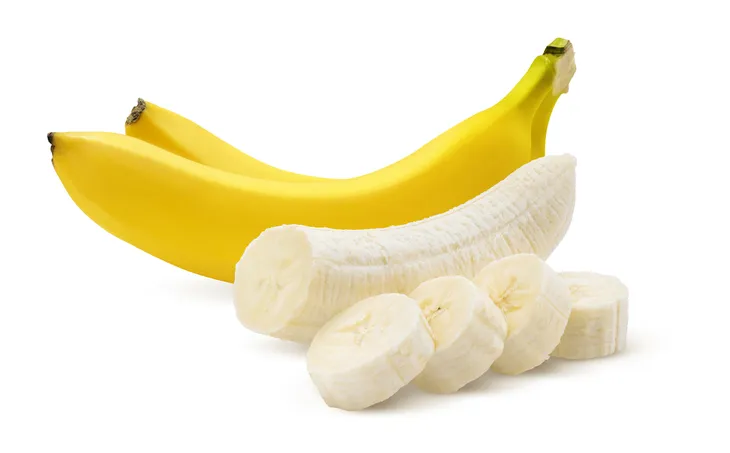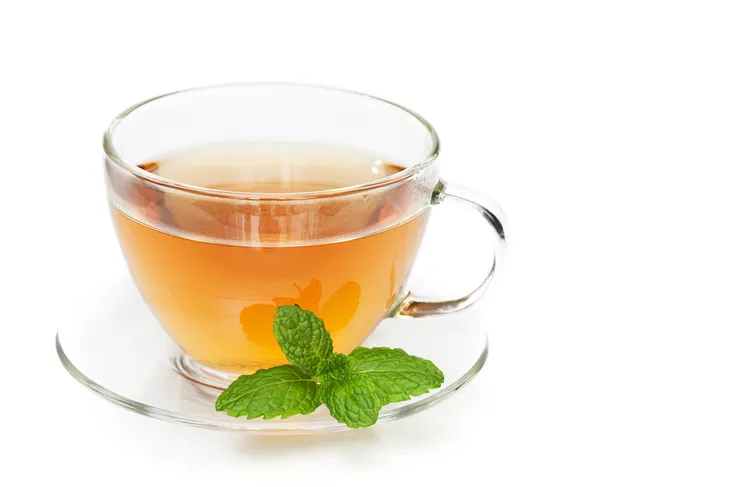Sleep deprivation is dangerous. It can lead to reduced concentration levels, making one a threat to themselves and others particularly when they’re behind the wheel. On top of that, not getting enough sleep can prevent one from focusing at work—and depending on your work environment, that can be hazardous, too.
One of the most significant sleep disorders is sleep apnea, which occurs when a person has such difficulty breathing during sleep that they intermittently wake themselves, thereby preventing them from getting a decent night’s rest. There are medications and devices that can help sleep apnea sufferers sleep better, but there are certain types of foods that can help promote sleep?
Melatonin-Rich Foods
Tell someone you’re looking for a natural way to get some more sleep and chances are they’ll tell you to try taking melatonin. Indeed, melatonin is available in supplement (or pill) form and can be taken before bed to help you relax and get to sleep.
But melatonin is also prevalent in a number of popular foods, including a variety of fruits and vegetables, like cherries, corn, asparagus, tomatoes, pomegranate, olives, grapes, broccoli, and cucumber. It’s also available in grains and a variety of nuts and seeds.
Tryptophan-Rich Foods
If you’re from North America and celebrate Thanksgiving, you’ve probably unbuckled your belt and enjoyed a long snooze after eating your big turkey dinner. That’s because turkey is loaded with tryptophan, an amino acid that, when ingested, converts serotonin into melatonin, the hormone that helps us sleep.
Tryptophan can also be found in dairy products (like milk, cheese and yogurt), seafood, nuts, legumes, grains, and certain types of fruits and vegetables, including apples, bananas and turnips.
Calcium Loaded Foods
Generally speaking, milk does a body good. For one, it contains calcium, a mineral that can help in the production of strong and sturdy bones. But calcium is also instrumental in the development of melatonin, the hormone that helps our bodies relax and move from wakefulness into sleep. That’s why diets high in calcium tend to be of assistance to people struggling with insomnia.
Aside from milk, you can find calcium in other dairy products, like cheese and yogurt. However, it’s also prevalent in non-dairy foods like dark leafy greens like kale and enriched breads, juices and cereals.
Foods High in Magnesium
It’s widely known that foods containing tryptophan, like turkey, can help the body shut down and get a decent rest. But many people aren’t aware that magnesium can have a similar effect on us.
Magnesium is a mineral that, when ingested, can help to reduce the effects of adrenaline, helping us relax and get to sleep. If you’re looking for foods that contain magnesium, look no further than spinach, kale, nuts, fish, soybeans, bananas, avocadoes, and yogurt.
Vitamin B6 Foods
Vitamin B6 is often prescribed to people struggling with mood disorders and depression. However, it can also help with sleep because it plays a critical role in the process of converting tryptophan into the hormone melatonin.
The question is, where can vitamin B6 be found? It’s actually quite common in seeds and nuts, such as pistachios, sunflower seeds, and flaxseeds. It can also be found in many types of fish, such as tuna and salmon, and fruits like avocados and bananas.
Sleepy-Time Drinks
Today there are a number of over the counter liquid medications that can help one get to sleep and remain at rest throughout the night. But there are also natural remedies that can effectively promote sleep. Many of these drinks contain the essential minerals and vitamins outlined in this article, from magnesium to calcium and melatonin.
If you’re desperate for a good night’s sleep, try drinking these before laying down: warm milk (a classic), almond milk, valerian tea, chamomile tea, tart cherry juice, passion fruit tea, and peppermint tea.
